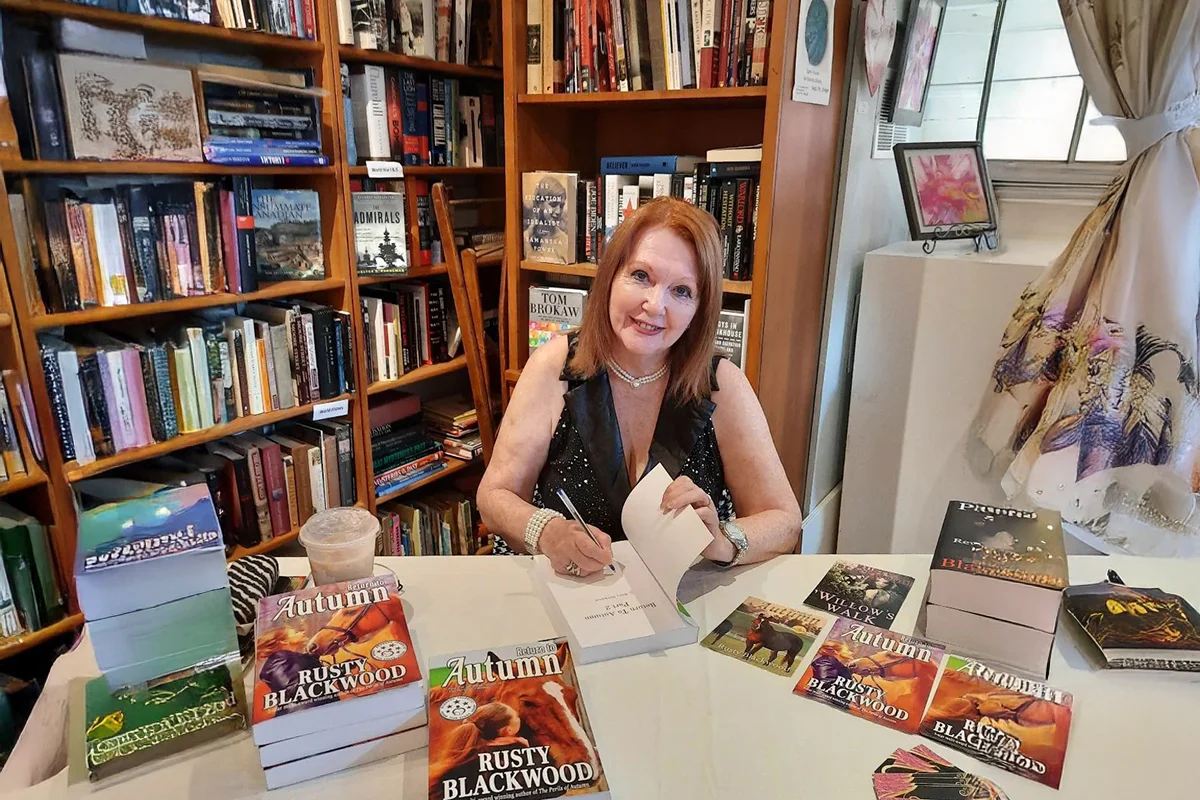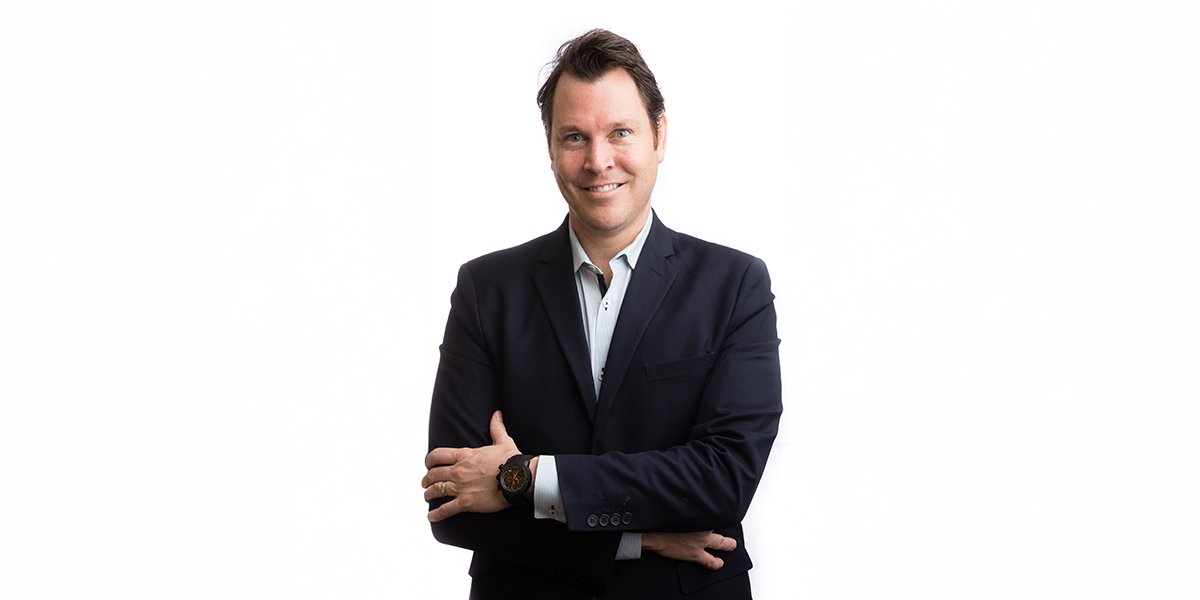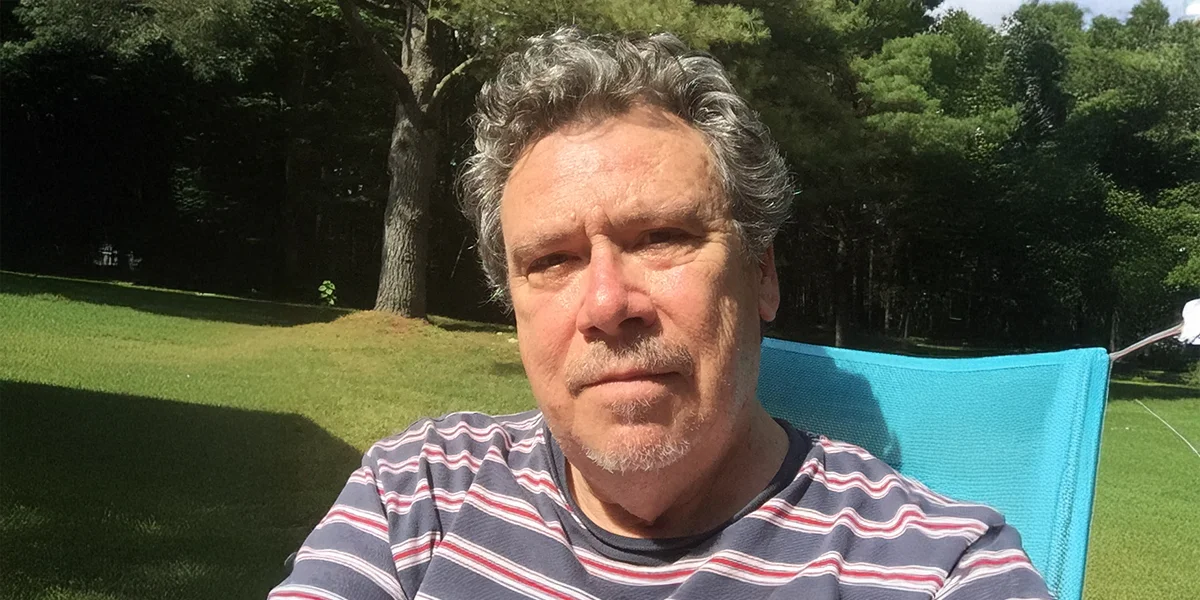PHOTO: Gregory V. Diehl at The Kalavan Retreat Center in Armenia, where he teaches free immersive English lessons and fosters global cultural exchange.
Reimagining English Learning Through Culture, Conversation, and Global Insight
Gregory V. Diehl critiques outdated EFL systems, advocates immersive English education, and shares his global insights and efforts to empower learners through The Kalavan Retreat Center in rural Armenia.
Gregory V. Diehl is redefining what it means to teach—and learn—English in a globalized world. As a writer, educator, and founder of The Kalavan Retreat Center in Armenia, Diehl brings a bold vision to language education—one rooted in cultural understanding, authentic communication, and a rejection of outdated pedagogical norms.
In his latest book, Our Global Lingua Franca, Diehl presents a compelling critique of conventional English as a Foreign Language (EFL) programs, calling them not just ineffective but fundamentally broken. Drawing from his extensive international teaching experience, he argues that the failure of traditional EFL methods represents a humanitarian crisis, leaving millions of students across the world ill-equipped to use English in real-life contexts.
Gregory V. Diehl is a transformative educator and thought leader revolutionizing English learning with empathy, global wisdom, and practical innovation.
“For years, I saw bright, motivated students who, after years of English classes, could barely hold a basic conversation,” Diehl says. “They were taught by non-native speakers using rigid textbooks, and the focus was always on grammar rules and test scores—not fluency.”
His alternative is a conversationally focused, immersive model that emphasizes practical usage and natural interaction over rote memorization. It’s a philosophy shaped by his time teaching in both elite institutions in Europe and under-resourced communities in developing countries. Diehl notes that in many places, English is treated as an academic obstacle rather than a vital skill, with students often discouraged from embracing it due to political or cultural concerns.
“English is the most powerful tool for global communication and economic mobility,” Diehl explains. “But real progress happens when students see its value in their own lives—whether that’s for better career prospects, travel, or personal development. Education must connect to that motivation.”
From this understanding grew The Kalavan Retreat Center, a unique educational hub nestled in the Armenian countryside. Diehl settled there in 2019 after more than a decade of global travel, transforming an old home into a center for cultural exchange and learning. Offering free English lessons to locals and visitors alike, the center provides the type of organic, immersive environment that Diehl believes is essential for genuine language acquisition.
“The Armenian public school system has been resistant to collaborating with us,” he admits, “but we persist because we see the results. People here are hungry for real learning experiences. They want to connect with the wider world.”
At Kalavan, English isn’t taught through workbooks or classroom drills. Instead, learners participate in conversations, storytelling, and real-world problem-solving. These methods help them internalize the language, think in English, and engage more confidently.
For educators hoping to replicate this success, Diehl offers clear advice: abandon rigid curricula, avoid overreliance on native language translation, and create a classroom culture where students use English naturally. That means exploring media, sparking real discussions, and relating lessons to students’ existing interests.
“Have them talk about things they care about. Use podcasts, movies, YouTube, and news. Create an English-speaking environment—even if it’s simulated,” he says. “That’s how you build fluency.”
Looking ahead, Diehl believes the role of English will only grow stronger. As the de facto global language of business, technology, and diplomacy, English opens doors across borders. Despite historical resistance in some regions, he says the economic and social benefits are too significant to ignore.
“People don’t have to abandon their culture to learn English,” he says. “They just need to see it as a bridge—not a threat. And that means we, as educators, have to do better.”
With a rare combination of intellectual rigor and human-centered insight, Gregory V. Diehl is not just teaching English—he’s reshaping the way the world thinks about it.
Source: Reader’s House Interview with Gregory V. Diehl











